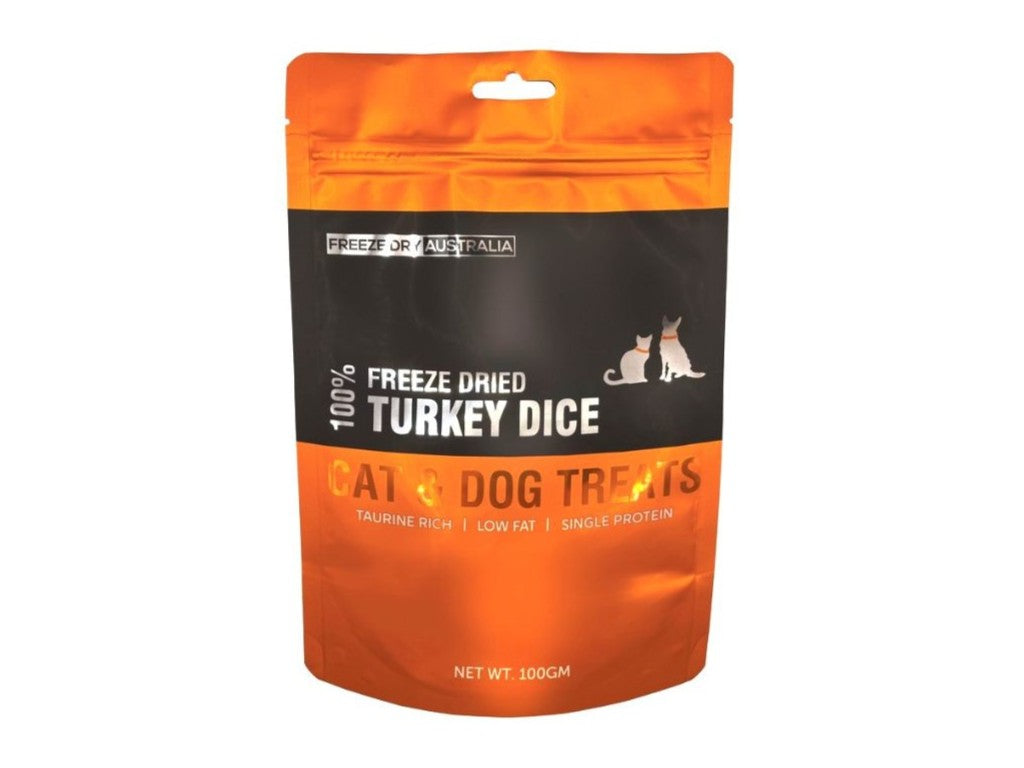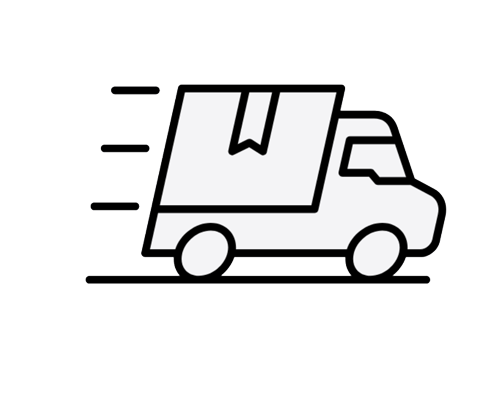Collapsing Trachea: Part 1
If your dog sounds like a goose when it coughs, you're not alone… I’ve been managing my dog’s Collapsing Trachea for over 8 years.
Basic Anatomy: The trachea is the tube that carries air from the nose and mouth to the lungs, and it's supported by C-shaped cartilage rings. It looks similar to a vacuum pipe.
What is Collapsing Trachea?
In a collapsing trachea, these cartilage rings weaken or become floppy, causing the trachea's walls to collapse inward, especially during breathing, leading to symptoms like coughing, wheezing, and difficulty breathing.
Breeds at Higher Risk
• Yorkshire Terriers
• Pomeranians
• Chihuahuas
• Toy Poodles
• Pugs
• Maltese
Causes
• Genetic weakness of the tracheal cartilage (common in toy breeds)
• Chronic irritation (exposure to smoke, dust, allergens)
• Obesity, which adds pressure on the airways
• Age-related degeneration, with signs often appearing in middle-aged to older dogs
• Yanking on collars, using choke chains or any walking equipment that tightens around the neck and electrocution barking collars
Signs to Watch For
• A “goose-honk” cough that worsens with excitement, pulling on a leash, or environmental factors such as strong perfumes, aerosols, chemical based room hot weather, smoke or dry dusty/pollen shedding conditions
• Exercise intolerance
• Breathing difficulty, wheezing, or gagging
• In severe cases: bluish gums/tongue, fainting, or collapse
Diagnosis
• Physical exam & history: The characteristic cough is often suggestive
• X-rays: May show narrowed trachea
• Fluoroscopy: Live imaging to see airway collapse during breathing
• Endoscopy: Allows direct visualisation of the trachea
📌 Takeaway from Part 1: Early recognition is key. If your small breed dog has a persistent honking cough, speak to your vet about investigating collapsing trachea.
In Part 2 we will explore management and treatment options.








